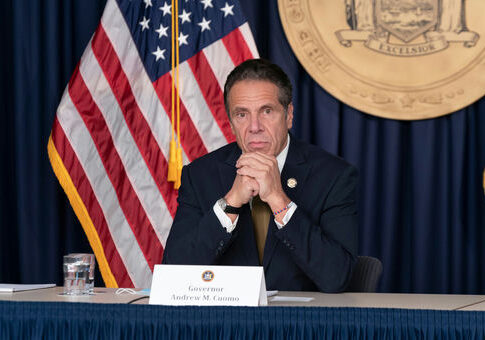A historic mayoral campaign in New York City is facing an alarming resurgence of Islamophobic tactics, echoing a familiar pattern of political attacks against Muslim American candidates.
Mamdani’s Political Ascent and Backlash
In 2025, Zohran Mamdani, a Ugandan-born, Twelver Shia Muslim, achieved a milestone by becoming the Democratic nominee for New York City mayor. His campaign embodies a new era of representation for Muslim and South Asian Americans. However, this success also revived a familiar cycle of Islamophobic and racist attacks. Manipulated campaign imagery and targeted messaging echo previous tactics used against Muslim American candidates, highlighting the persistent challenges they face.
These attacks are not new. Historically, anti-Muslim sentiment in U.S. politics has intensified during election cycles, particularly when Muslim candidates gain prominence. Mamdani’s progressive campaign, built on housing justice and grassroots organizing, has challenged established power structures, leading to reactionary tactics from political opponents.
Impact on New York’s Political Landscape
New York City, with its diverse electorate and immigrant political participation, provides a unique backdrop for Mamdani’s candidacy. The city’s progressive shift has enabled minority candidates like Mamdani to gain traction. However, this progress has also intensified backlash from conservative and establishment factions, seeking to maintain their influence by discrediting insurgent candidates through Islamophobic rhetoric.
Prominent figures such as Andrew Cuomo have been implicated in distributing manipulated imagery, raising questions about the ethical boundaries of political campaigning. Despite these challenges, Mamdani’s campaign continues to garner support from both Shia and Sunni communities, showcasing unprecedented cross-sectarian unity.
Broader Implications for U.S. Politics
The current climate poses both short-term and long-term implications for U.S. politics. In the short term, the visibility of Islamophobia in political discourse is likely to mobilize Muslim and progressive voters. Long-term, Mamdani’s campaign could pave the way for greater Muslim representation and set a precedent for future coalition-building across sects. However, there is also a risk of entrenching negative campaigning tactics, which could further polarize the electorate.
The persistence of these tactics underscores the need for vigilance and advocacy against Islamophobia in politics. As Mamdani’s campaign progresses, it serves as a critical test case for inclusivity and minority representation in American society.
Sources:
New York State Assembly – Zohran K. Mamdani
Encyclopaedia Britannica – Zohran Mamdani
ARC Magazine – Zohran Mamdani and the Making of a Muslim Menace
Contending Modernities – Mamdani Strategic Islamophobia


